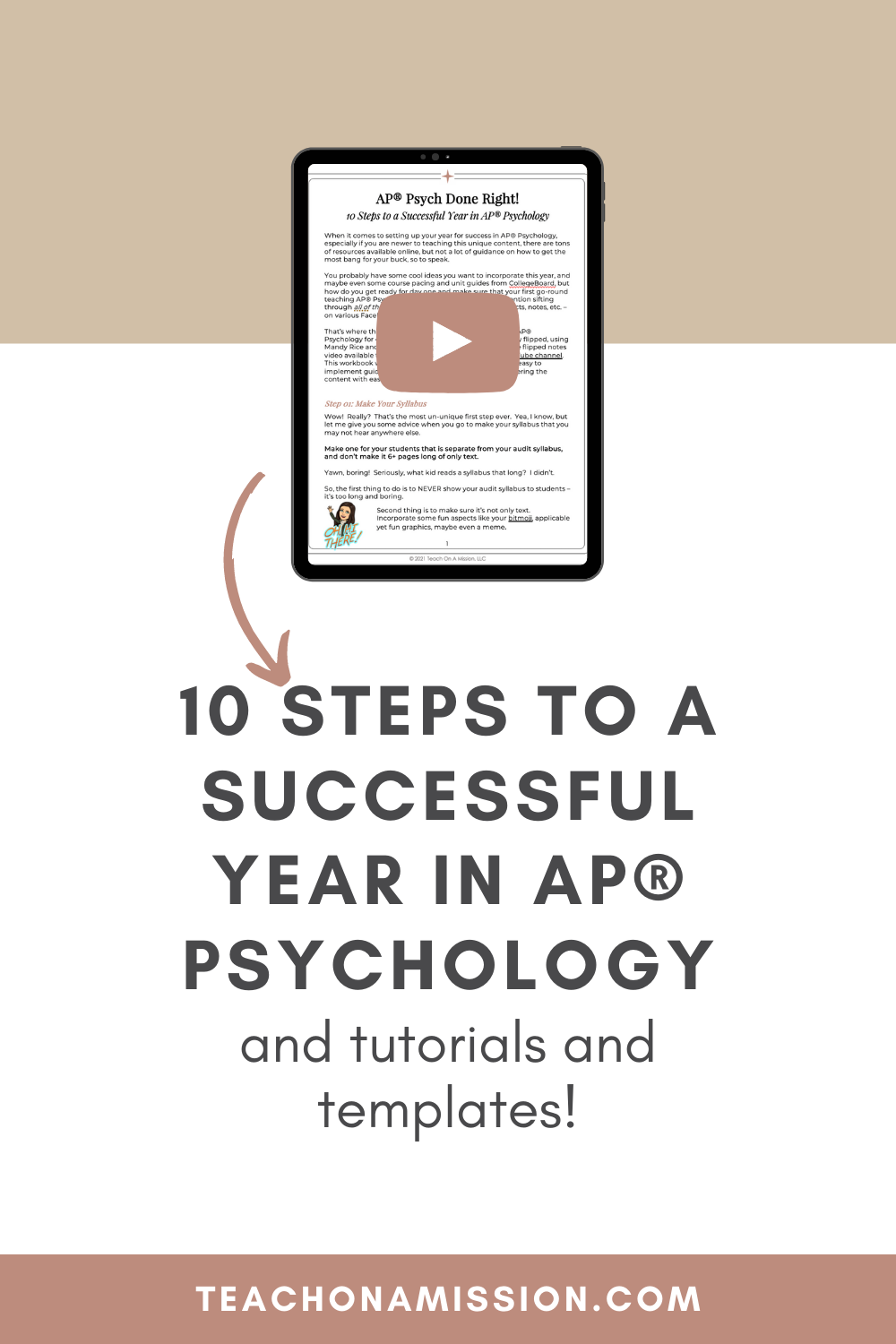It's Happening! What's It's Like to Be In One of our Sustainable Teacher Content Coaching Clubs

It’s happening right now. Really it is. We have three Sustainable Content Teacher Memberships open for enrollment right now, with amazing teacher- content coaches just waiting to support you, provide you with materials, and get you confident in your course.
Here’s the thing. As much as we, meaning myself and the amazing content coaches on my team love to teach and are absolutely reaching thousands of students, that’s not the only kind of impact we want to have.
We believe in empowering teachers. Building their confidence, and most importantly, removing huge chunks of their to-do list (without sacrificing effectiveness of course) so they can focus more on what this pandemic has taught us is truly important about what we do… making connections with our students. That’s it.
When your students are connected to you and within your classroom, they perform better. But most teachers, especially those new to their content area or course, don’t have the mental space or time on their ...
Are Teachers the Top Influence on Student Learning?

The conversation and debate around what is best for students, and what impacts learning most is not a new one in the human experience. It's been hotly debated for quite some time.
What impacts student learning most?
Are tests the best way to measure student learning?
Or, wait, don’t tests hinder learning?
How does technology impact learning?
Standards-based, flipped classroom, project-based, problem-based, student centered, backwards planning, flexible seating...
Wow - so many things. So many ways to impact student learning.
How in the world do we know what strategies impact students the most?
That's just it... there is no ONE strategy that will impact student learning more than another.
But...
... there is one person.
If you're reading this post, this is probably no surprise to you that teachers are the number one influencer on a student's learning.
But I don't want to just say that and claim it as truth. I want you to see for yourself.
And that’s exactly what I want...
3 Steps to a Successful Year in AP® Psychology

Guess what!?! Teach On A Mission, LLC, is growing, and I am so excited to introduce you to Rachelle Dusso in this episode. Rachelle is a five-year teacher in Wisconsin who is joining our team as the Content Coach for our Sustainable Psych Teacher membership for AP® Psychology teachers!
In this episode she not only introduces herself, but brings us 3 steps to a successful year for all our AP® Psychology teachers out there. But that’s not all… she’s got 7 more steps (plus a bonus)... that’s right 7 more actionable steps you can be taking this summer to make sure your school year is successful and sustainable in AP® Psychology.
Grab the full download - AP® Psych Done Right Teacher Workbook - at the link here.
To hear the full interview with Rachelle, please listen to the episode at the top of this page or on your favorite podcast streaming app - just search for Sustainable Teacher.
Rachelle is a fifth year teacher just outside of Milwaukee, Wisconsin, who teaches AP® Psycho...
AP® Psychology Resources for Unit 8 Clinical Psychology
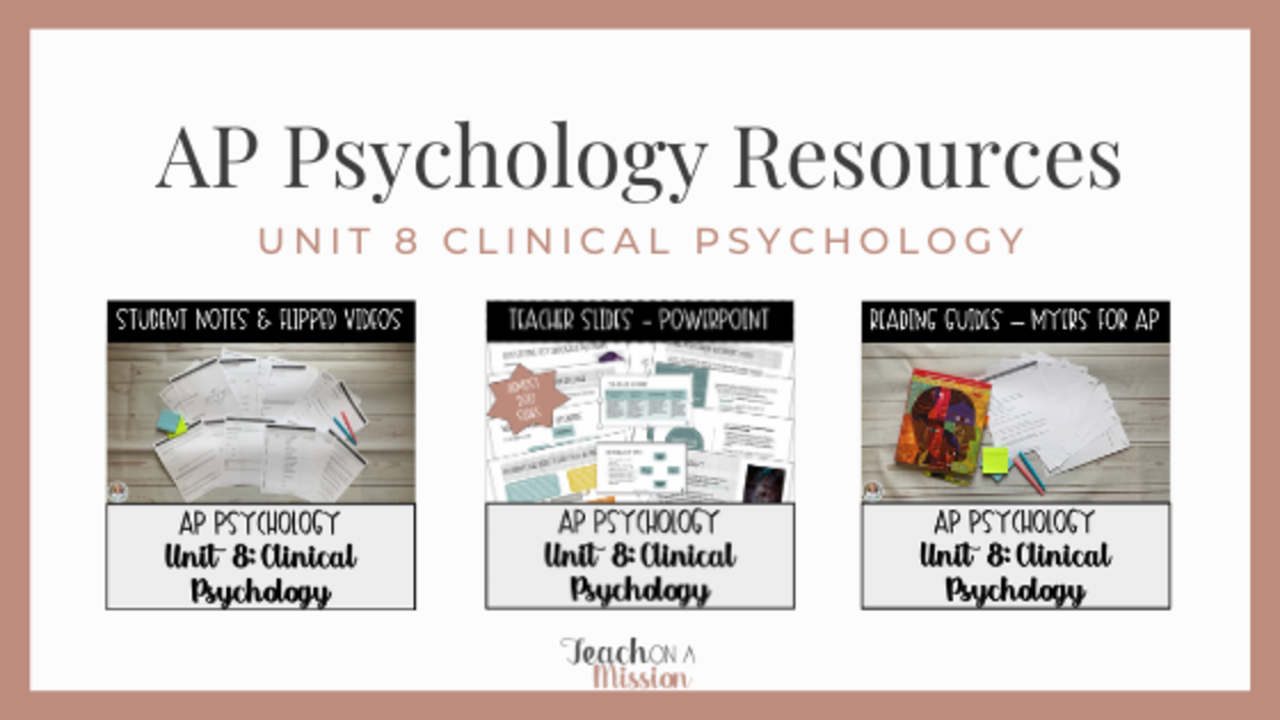
To say I LOVE this unit would be an understatement, and here's why...
- It is the perfect culmination (almost) of the course because it revisits the perspectives and that crucial knowledge students need to have, and
- Students love this unit; in fact it's probably a huge reason why many students take the entire course.
So I want to provide you with some resources to make this unit as awesome as it should be. Here we go.
Clinical Psychology Resources
All of the major disorder categories laid out by CollegeBoard are covered in these slides with understandable definitions and visuals to assist in your delivery of the content. This file also includes the Psychotherapies and Evaluating Psychotherapies slides.
To accompany these slides, I've created guided notes for students so they can spend their time focusing on the content and less focused on what to write and when. I've heard from many students and teachers that these guides really assist students in being able to put the...
AP Psychology Resources for Unit 6 Developmental Psychology

Holy moly, can you believe we are over half way through the content as we plan for and start unit six of nine. When you get back from your break at the half-way point you're probably working on starting Developmental Psychology, at least if you follow Collegeboard's new CED you are. If not though, that is NOT a huge deal. Really, these units would go well in just about any order.
Development is fun and short unit. Fun because it applies to all humans, including the ones sitting in seats in your classroom, making retention a bit more likely. But short because well, there's just not many standards or dedicated class time to it. But here's the thing... there are LOTS of stages and vocab terms that are unique and a bit foreign in this unit.
The great part is, if you've followed along with the pacing I've provided (and give in great detail in my AP Psych Teachers Membership), then you can see that you've got a decent bit of time to spend on Unit 6 - more so than the recommended clas...
AP Psychology Resources for Unit 5 Cognitive Psychology
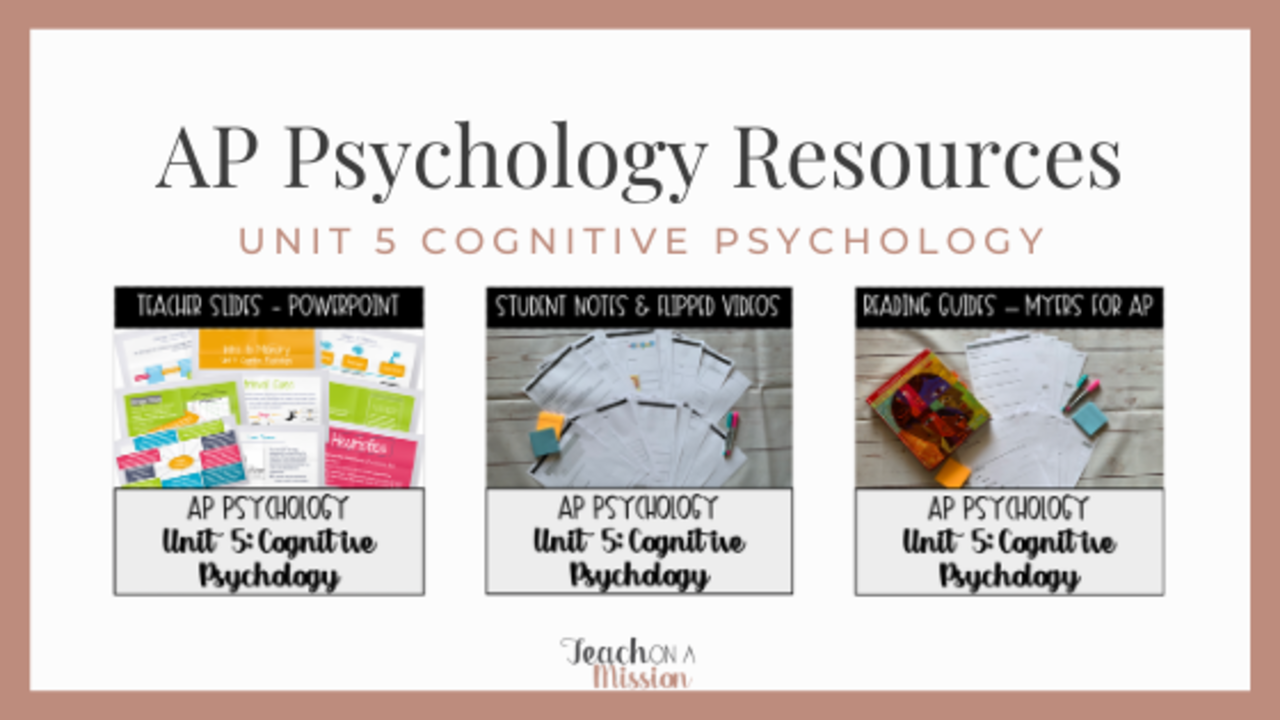
Phew! Cognitive Psychology is a beast! Seriously, CollegeBoard took what was already a huge unit that included encoding, storing, retrieval (of memory), forgetting, thinking, and language, and added intelligence to it. Not just intelligence though... all intelligence theories, no doubt, and psychometrics and measuring of intelligence. These are not simple concepts to wrap one's mind around.
If you are a newer AP Psychology (or non-AP Psychology) teacher, this unit can just about deflate any energy you have left as you come into some difficult weeks of the school year around the holidays.
I want to help you.
The BIGGEST piece of advice I can give you is to ORGANIZE students' thinking in this gigantic unit. Organize the unit into cohesive subcategories that are formatively assessed, showing students the "map" so to speak of the whole unit. I was always quick to show students the calendar each day in class so they understood what topic we were on, where we had been, and where w...
AP Psychology Resources for Unit 2 Biological Bases

Once you've set up your course and laid the solid foundation that is Unit 1 Scientific Foundations, it's time to take a bit of a turn into a more anatomy-focused unit. One that I've always called "sciency" because of the focus on, well, science.
It's easy to get trapped in the tunnel of "What do I cover? What don't I cover?"... more like a black hole you could spend three weeks in.
My biggest advice is to be sure you are focused on the standards as laid out by College Board's CED, and don't stray too far from that because then, you're just wasting time.
As with the first unit, I want to provide you AP psychology activities and resources in hopes that you get to focus your time elsewhere in being effective with your students - you are the number one influence on their learning after all. So let's get to it.

Unit 2: Biological Bases
Whereas Unit 1 was focused on history and the mathematical basis of psychological research, Unit 2 is focused on the biological science of psychol...
AP Psychology Resources for Unit 1 Scientific Foundations
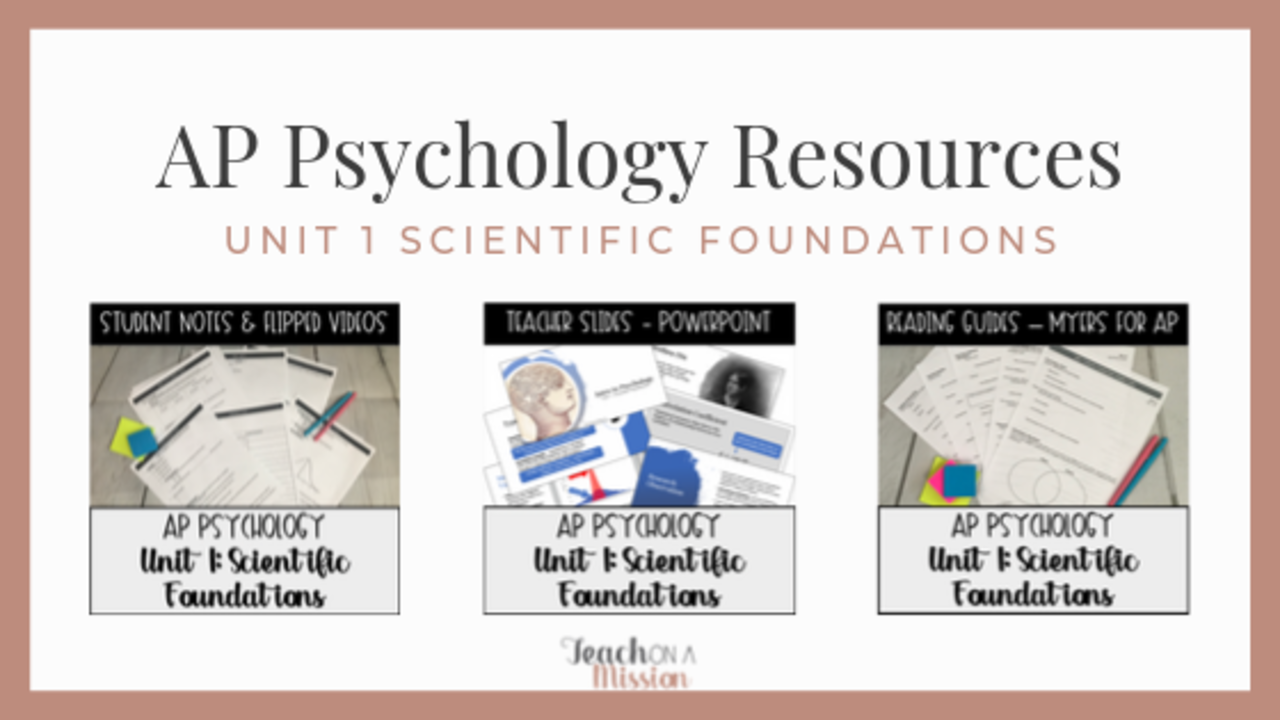
Psychology is such a unique subject that makes for an incredibly unique course for students today. So unique that no certification in any of the "core" subjects (you know, math, english, social studies, and, yes, even integrated science) prepares teachers to teach.
But that's not necessarily bad, it just means we need a little more assistance and support when we go to teach this course. Not that we don't need that support in other, less unique courses (I'm thinking like an American History, which I taught for a couple years), but for unique courses like psychology (and human geography, for instance), the extra support makes a world of difference as we try to learn the content as we teach it.
As I wrote about in a previous post, my hope is to give you that support through quality, effective resources, and possibly even coaching.
But let's take it one unit at a time. And, let's start with the first unit... Scientific Foundations. I will provide you AP psychology activities and res...
AP® Psychology Resources - A One Stop Shop
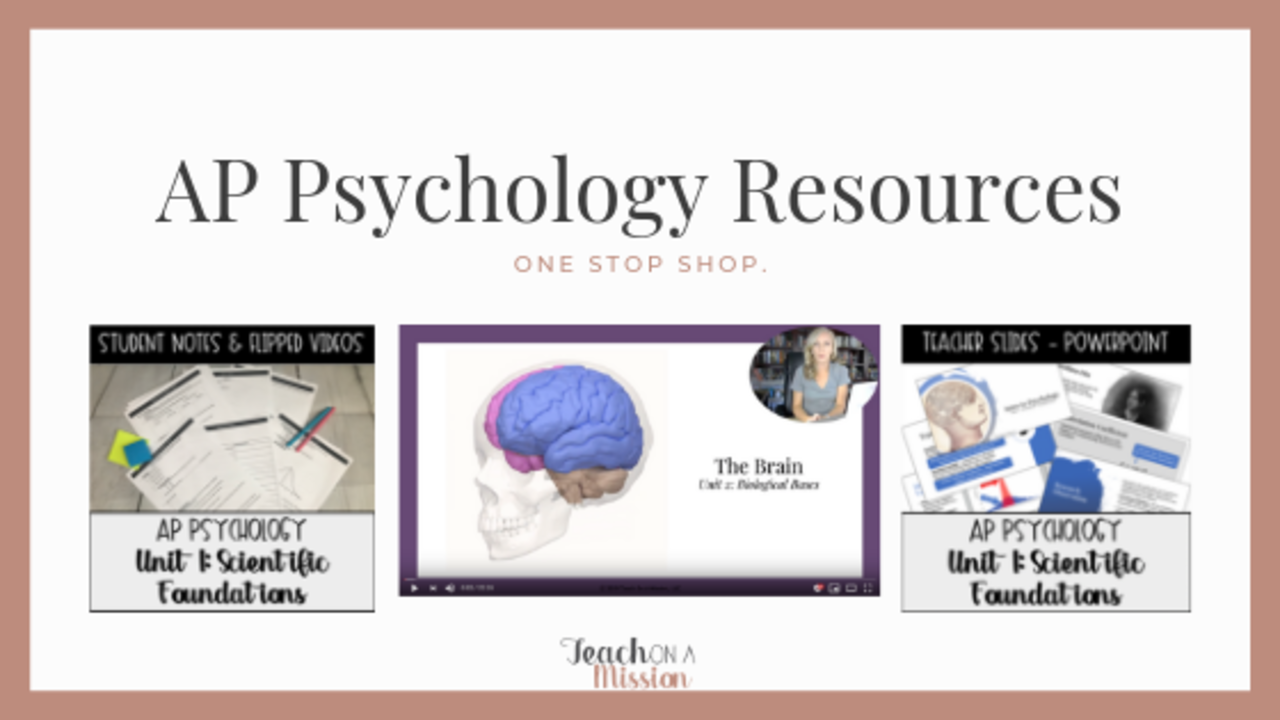
My goal in writing this post is to provide to you as many resources as I can that are a combination of paid and FREE AP® Psychology teaching resources.
A little introduction first...
I've been teaching AP® Psychology for almost ten years now since I started teaching in 2010. It is SUCH an awesome course that I think ALL students can benefit from, but it's unique because we aren't in the course just to have fun. Students are there to do well on the test that many of them will pay for, but otherwise still want to do well on to earn that college credit in May.
So, we've got to deliver for them on every unit.
Let me take you through each of the AP® Psychology resources below, each of which you can click and check out for yourself. If you feel so inclined to share these on social media, it would possibly help reach another teacher who is looking for support whether that be in just knowing the content, or having ready made resources.
YouTube
A while back I flipped my AP® Psycholo...

